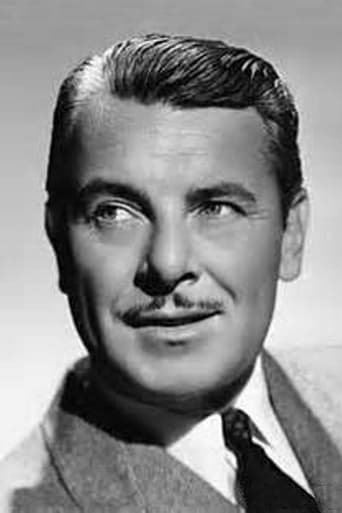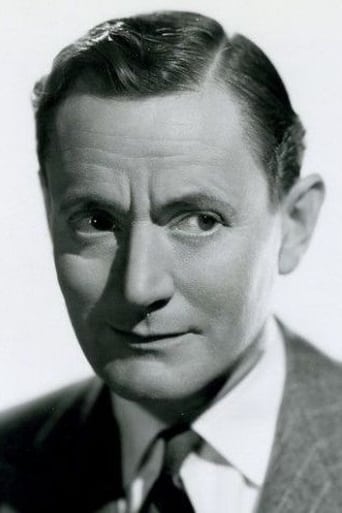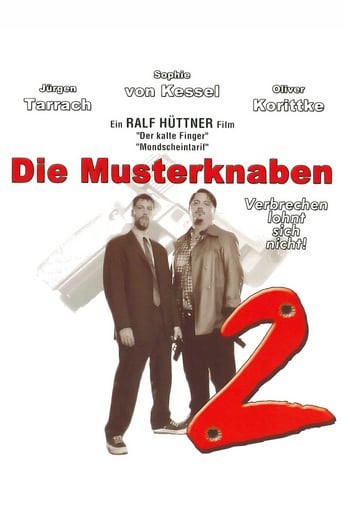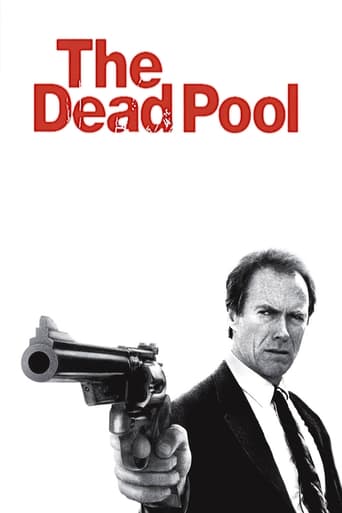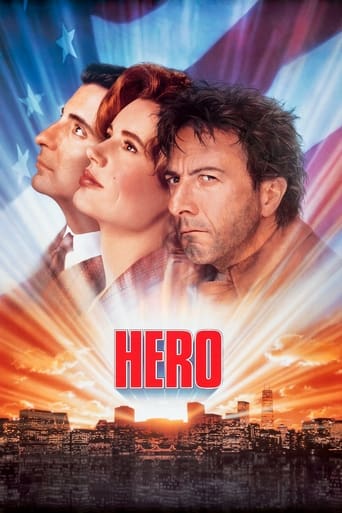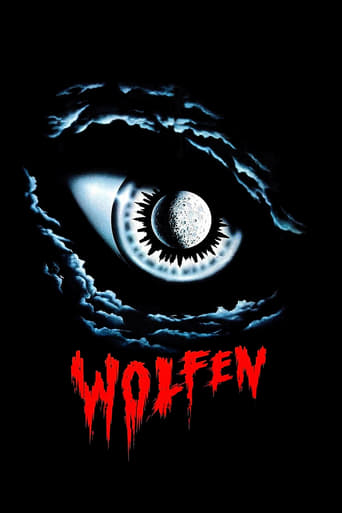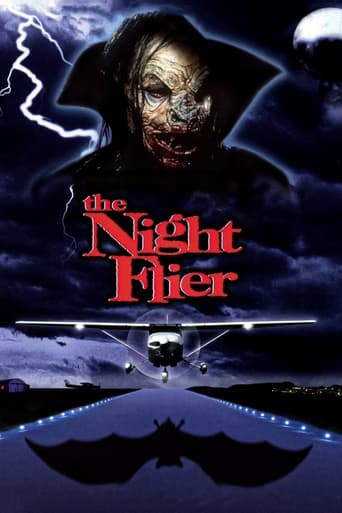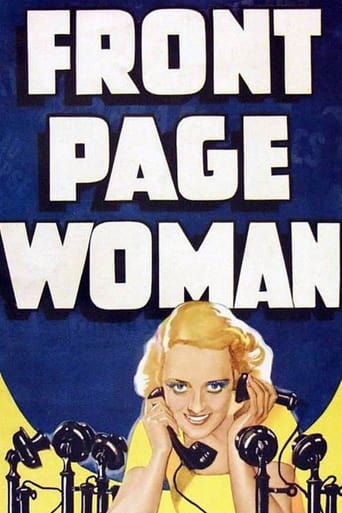
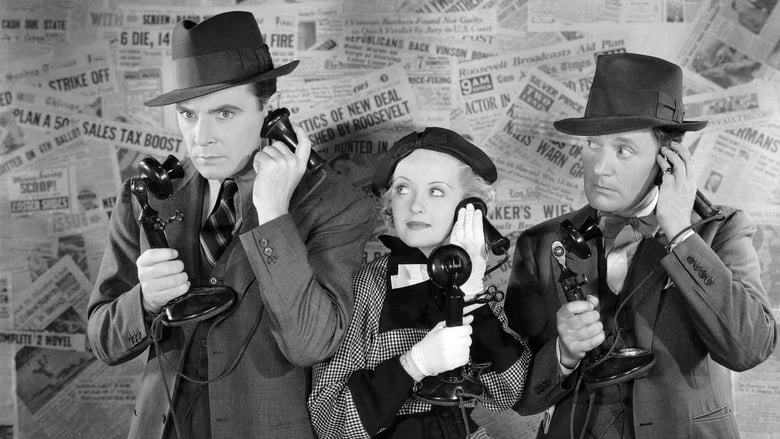
Front Page Woman (1935)
Ace reporter Curt Devlin and fellow reporter Ellen Garfield love one another, but Curt believes women are "bum newspapermen". When a murder investigation ensues, the two compete every step of the way, determined to not be scooped by the other.
Watch Trailer
Cast
Similar titles
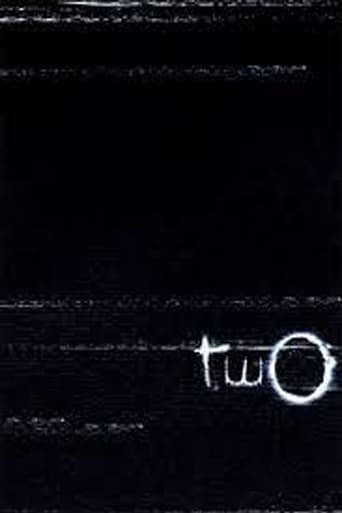
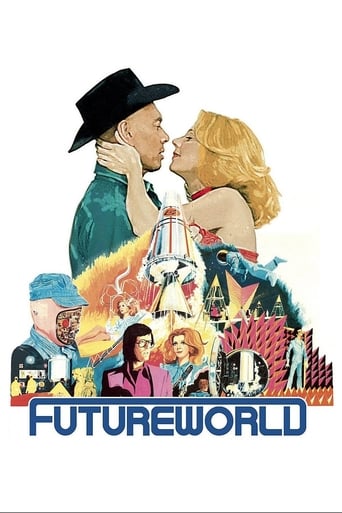
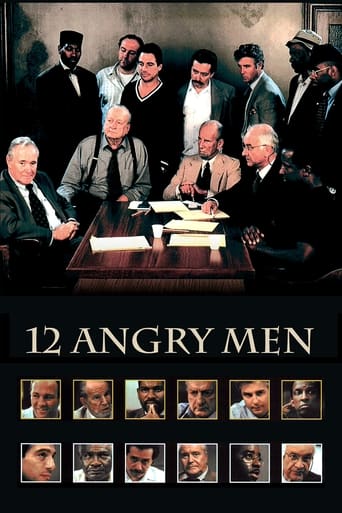
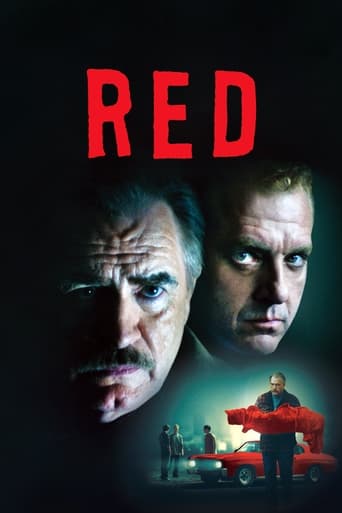
Reviews
Good films always raise compelling questions, whether the format is fiction or documentary fact.
At first rather annoying in its heavy emphasis on reenactments, this movie ultimately proves fascinating, simply because the complicated, highly dramatic tale it tells still almost defies belief.
A terrific literary drama and character piece that shows how the process of creating art can be seen differently by those doing it and those looking at it from the outside.
The story, direction, characters, and writing/dialogue is akin to taking a tranquilizer shot to the neck, but everything else was so well done.
Bette Davis and George Brent star in "Front Page Woman," a 1935 film from Warner Brothers. Davis and Brent, of course, were often paired, and they make a cute couple here. Davis is reporter Ellen Garfield, and Brent is ace reporter Curt Devlin. They're in love, but competitive at the same time, Ellen determined to prove herself. Given the time period, Curt pooh-poohs Ellen's abilities, because of course as a married woman, she isn't going to be working. But she's not marrying him until she proves herself, and as far as working after marriage -- well, we'll see.The two compete getting the story on a murder case, even listening at the keyhole during jury deliberation and both reporting opposite verdicts - and both making headlines. It's a game of oneupmanship all the way through.Surprisingly feminist in its tone at the end, "Front Page Woman" is a fun film, with a hilarious performance by Roscoe Karns as a photographer thrown in. Always great to see Davis at any age. Here, young, blond, and vivacious, she's adorable.
Memo to Michael Curtiz (director): Before you begin filming, decide whether your story is a drama or a comedy.From my perspective, that's the main problem that kept this good film from being great. I see it more as a drama, yet others see it more as a comedy. And that confusion is often a problem for a film. Yes, you can have moments of drama in a comedy. And, yes, you can have levity in a drama. But movies with split personalities don't often work, or at least (as in this case) don't work as well as they could. And just for the record, this would have been best as a straight drama.On the other hand, the screen pairing of Bette Davis and George Brent was beginning to mature here. In 1934 -- just a year earlier -- they were paired in "Housewife". There, they were just two actors in the same film. Here, just one year later, they are developing that on-screen rapport that was magic in so many movies. Oh, it's not quite there yet, but in this film you begin to think that you'd like to see them together more.In terms of supporting cast, I found Roscoe Karns as the wise-cracking photographer a bit annoying. One out of every ten wisecracks were actually funny. The other supporting actors do their jobs, but none stand out. However, you will recognize quite a few faces.Overall, a pretty good movie, though not one of the classic Davis - Brent efforts.
When rival reporter and girlfriend Bette Davis passes out at the execution of a Broadway star found guilty of murder, the chauvinistic George Brent uses this to try and prove to her that a woman's place is behind the stove and that it is a man's job to report the news. This is Brent's romantic way of proposing which Davis turns down, determined to prove him wrong. They both end up working overtime to scoop each other over a murder which took place at a fire that Davis initially reported on. It leads to a lot of witty banter between them and many amusing situations with each of them tied until the final minutes as to who has the one-up on the other.What could be a rather predictable battle of the sexes comedy with the man ultimatelty convincing the little woman to put on an apron and give up her career for him has the nice little twist of this not about to happen. It is one of the more feminist liberal views of a woman's career in the 30's from the most macho studio in Hollywood. Just a few years before, both Kay Francis (in "Man Wanted") and Ruth Chatterton (in "Female") tried but failed to get past what Warners felt a woman's place should be. Davis stands her ground here, but the secondary story of the murder that they are investigating is never as interesting as the interactions between the two leads. Singer Winifred Shaw is a rather dour femme fatale, but Roscoe Karns is amusing as Brent's photographer pal.There are some amusing little character bits, particularly Mary Treen's as an too willing to be helpful nurse. The story is all wrapped up neatly with a great denouncement that ranks higher as a pro-women's film and could have been an interesting series.
"Front Page Woman" (1935) uses the same feminist "rivals in business; partners in love" motif that "Traveling Saleslady" (1935) does. However, "Woman" is a murder mystery involving reporters; "Saleslady" is a comedy involving salespersons. Still, it's interesting to compare the two.Both films have great supporting performances, excellent pacing, and flawless plots. Playing masters of their fields, both leading men (George Brent) and (William Gargan) perform well. Indeed, a surprisingly animated Brent does, for him, an absolutely charming job. (Perhaps the mutual sexual attraction he and Davis had was the spark behind it.) Where the films differ, however, is in their leading ladies' performances, and in their romantic resolutions.Bette Davis, like Joan Blondell, keeps claiming she is her rival's equal. But clearly, unlike Blondell, she is not. She doesn't have Brent's creative mind, his street smarts, his social skills, or his stomach for the job (she faints, for example, at the execution she demanded to attend). When he offers her help, she turns him down, and when, out of revenge, he sets traps for her, she falls into them.The film's end, however, does offer redemption. Not only does Davis solve the mystery, and get her job back--she also gets her man. Brent, in a rare feminist resolution for its time, tells her how much he respects what she has done, and seems willing to have her continue working after marriage. (One wonders how much the steel-willed Davis influenced this outcome?) Whether she chooses to, however, is more ambiguous. While Blondell, in stark contrast, blithely tosses away a terrific sales career to placate her "oinky" husband to be.

